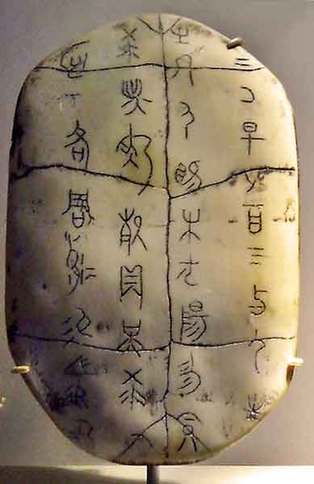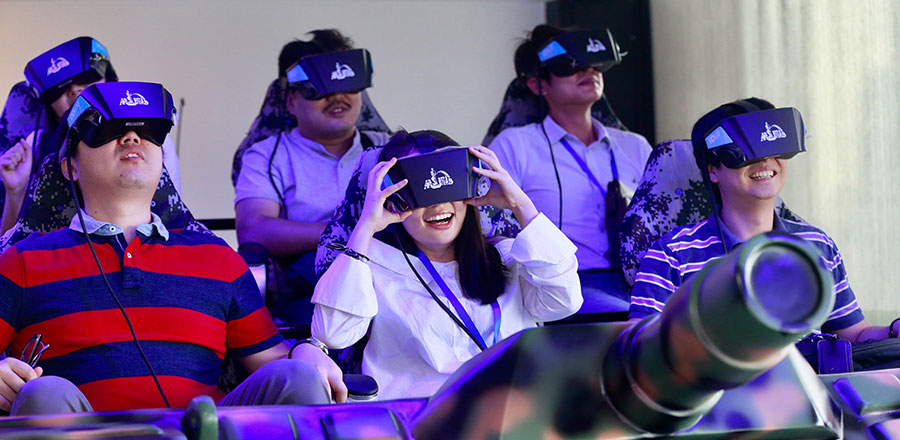
 |
|
Oracle bone characters. [File photo] |
ZHENGZHOU -- The National Museum of Chinese Writing on Thursday launched an award program to encourage people from around the world to help decipher oracle bone inscriptions.
According to the museum based in Anyang City in central China's Henan Province, where oracle bones and script were discovered from the Ruins of Yin over 110 years ago, the program will offer 100,000 yuan ($14,700) for each unknown character to be deciphered.
Inscriptions on tortoise shells and animal bones represent the original characters of the Chinese written language. They date back to the Shang Dynasty (1600-1046 BC).
Chinese characters constitute the oldest continuously used writing system in the world. The logograms convey both meaning and pronunciation.
To date, archaeologists around the world have discovered some 4,000 bone inscription characters by studying 160,000 relics, but only 1,600 of the characters have been deciphered.
Oracle bone inscriptions were first discovered in 1899 by Beijing academic and antiquarian Wang Yirong, although farmers had been unearthing the artifacts in Anyang, Henan Province for many years. Wang noticed symbols that looked like writing on the animal bones and tortoise shells.
According to the museum's announcement, the process of deciphering the oracle bone inscriptions has entered a "bottleneck" period and needs enthusiasm and innovation to help tackle the mysterious characters.
The museum's incentive program requires each report submitted by award applicants to have recommendations from two academic experts before they hand in their entries to the museum's expert panel.
It encourages oracle bone enthusiasts to use cloud computing and Big Data to analyze and support their interpretation of a particular character.
If plagiarism or falsification are found, applicants will be considered disqualified to receive the award, the museum warned.







